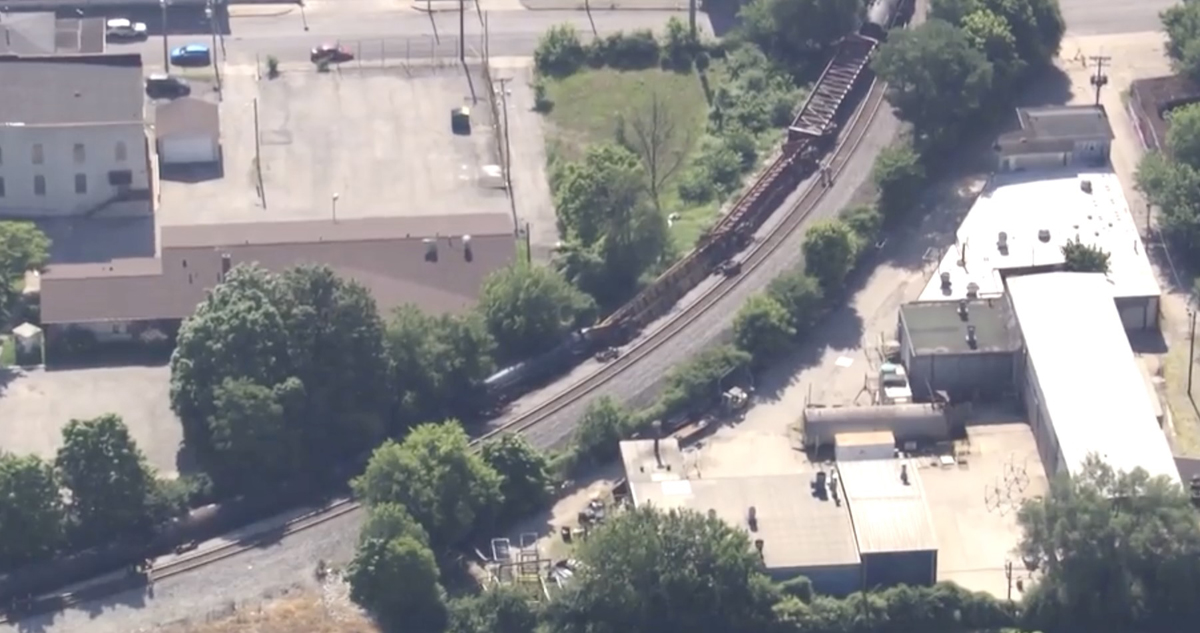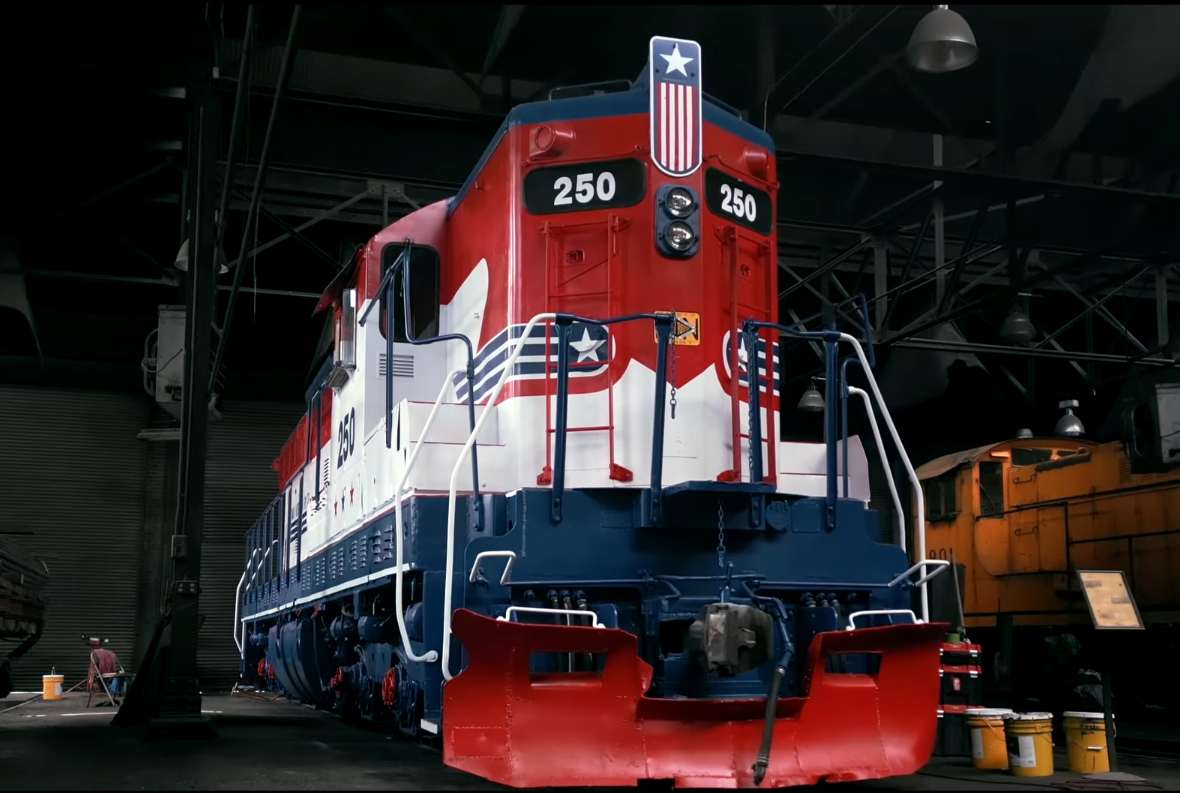The convention opened on Tuesday with members of the Southwest Chief Mayors Coalition presenting information on the importance of the Southwest Chief to the communities along the route, followed by talks given by Galesburg (Ill.) Mayor John Prichard and Karl Ziebarth, chairman of the board, CEO, and general manager of the Santa Fe Southern Railway. Ziebarth says one way to influence the railroad is through the authorization bill winding its way through Congress that funds Amtrak.
“It is critical that we work together,” Ziebarth says, “to make our elected officials make Amtrak understand that Amtrak is a public service.”
Rob Mangels Sr., a mechanical associate for R.L. Banks & Associates, Inc., spoke about current and future maintenance requirements that affect the private car fleet. Locations where cars can be maintained are becoming a problem.
“Another thing that’s happening is that Beech Grove (Indiana shops) has sold off the excess equipment that Amtrak had,” Mangels said, in part. “That means they don’t have parts, they don’t have drawings, they don’t have the people who know how to deal with it, they don’t have the skill sets to deal with it and within three or four years, there’s going to be a really big brain drain at Amtrak when it comes to handling [heritage passenger] equipment.”
Michael DeAngelo, manager of Amtrak’s Charter & Special Movements department, and Stephan Robusto, of Amtrak’s Commercial Development Group, were on hand to answer questions from the passenger car association members. DeAngelo said that his job was to listen and he would do what he can, but it’s a dialog that works both ways.
Robusto added that with concrete guidelines in place, the charter operators will have a better idea of what moves are possible and what trips they can sell. The approval process for private cars moves will then be quicker and more straight forward.
Robusto said that with all the new rules, everyone has to be creative to make Amtrak happy and the private car owners happy.
“The good news is that we’re still running private cars,” says Robusto. “Obviously there are a lot of limitations, huge price increases that came out, but at least we’re still running private cars. It could have been a lot worse. It could have been totally thrown out.”
With the new rules, Amtrak officials want to make sure that they are running the railroad as a business and not just doing things because they have been doing it that way in the past. Robusto went on to say that Amtrak was losing money on a fully allocated basis from the private car business. They don’t look at it as an incremental business.
“We were actually losing money on a fully allocated basis,” says Robusto.
A member asked about the policy of adding cars or setting out cars at destinations with short dwell times like Whitefish, Mont. Robusto repeated Amtrak’s policy that no delays, even a delay of one minute, will be tolerated.
“We are trying to eliminate any delays we can control,” says Robusto.
One member asked if Amtrak intended to fulfill its public mission to provide service to private cars.
“My opinion is that I don’t believe that we have to provide service to private cars,” he says. “I believe that we should provide service to private cars because it’s good for Amtrak’s business under the new guidelines.”
Regarding special trains, Mangels said that some of these trains are being discontinued and operators of steam locomotive excursions are being harmed, if these trains had to include an Amtrak locomotive. Robusto said that the positive train control requirement was what was harming those excursions.
“If it doesn’t have PTC,” says Robusto, “it doesn’t get past box number one. We will not operate another (excursion train) without PTC.”
The AAPRCO meeting closed on Thursday, Sept. 19.















Both the Amtrak employees are parroting what Delta Dick say is law. Management of today has no intent of working with anyone unless it’s AMTRAK’s way !!
“One member asked if Amtrak intended to fulfill its public mission to provide service to private cars”
What world does that person live in? I’d like to see where in any act establishing Amtrak that they are required to provide service to private cars.
Two questions peering through the fog:
1) If Amtrak applies the same puff full cost allocation as it has used against state-supported passenger trains per PRIIA, how can it claim it loses money on PVs when it shifts costs from the NEC and applies other unrelated GAAP costs?
2) If Amtrak claims its intent to “run the railroad as a business,” is that to be interpreted as slamming Mr. Claytor and Mr. Gunn who both actually were proven, respected railroaders? Or, is that to shine the light on Amtrak’s own deficits not to appreciate how it can run both short corridors and long distance routes; how it maliciously has planned to overtly decimate any semblance of acceptable on-board food services to push the long distance trains off of the cliff?